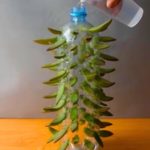Hanging potted plants are a popular choice for families living in apartments or those with limited space for gardening. But are you taking proper care of your hanging garden? Read on to find out.
1 Benefits of Hanging Potted Plants
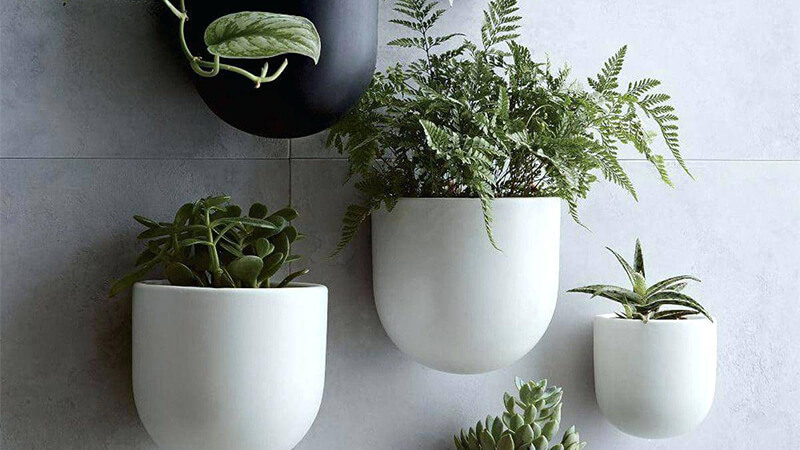 Benefits of Hanging Potted Plants
Benefits of Hanging Potted Plants
Hanging potted plants offer the following advantages:
- Accent your home: Hanging plants often feature vibrant flowers or uniquely colored leaves that drape beautifully, adding a touch of elegance to your home.
- Easy to care for: These plants are typically herbaceous or small woody plants grown in small plastic pots or containers with aluminum or plastic hooks. Hanging them allows the plants to take advantage of natural light and thrive.
- Space-saving: Due to their small pots and hanging nature, hanging potted plants don’t take up much space. You can place them wherever you like to add a natural and striking touch to your home.
2 Tips for Caring for Your Hanging Potted Plants
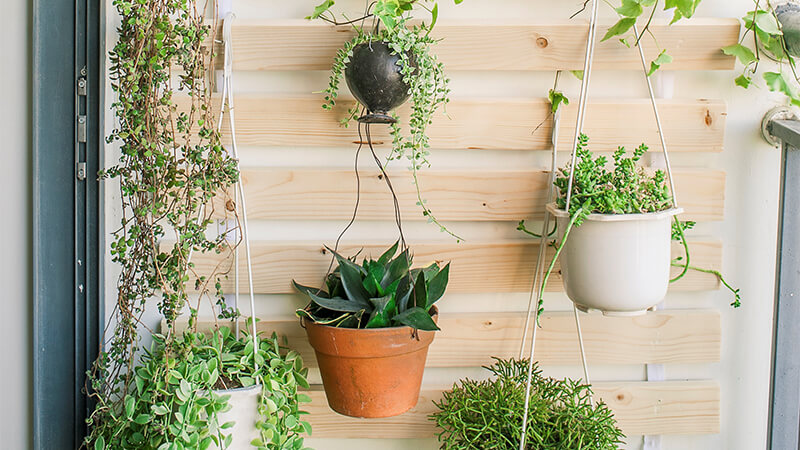 Tips for Caring for Your Hanging Potted Plants
Tips for Caring for Your Hanging Potted Plants
While these plants are generally easy to grow and maintain, keep the following tips in mind:
- Keep the soil moist: Ensure that the soil in the pots is always moist and adequately watered to prevent dryness and water stress.
- Choose lightweight growing media: When growing balcony-hanging plants, opt for lightweight growing media such as adding coal ash, rice husk ash, or coconut fiber.
- Provide adequate sunlight: Depending on the plant or flower, place them in appropriate sunny spots and ensure they receive a minimum of six hours of sunlight daily. For example, the balsam plant requires 100% sunlight from the east, 50-60% sunlight from other directions, while lipstick plants, Chinese evergreen, and ferns require 60-70% sunlight.
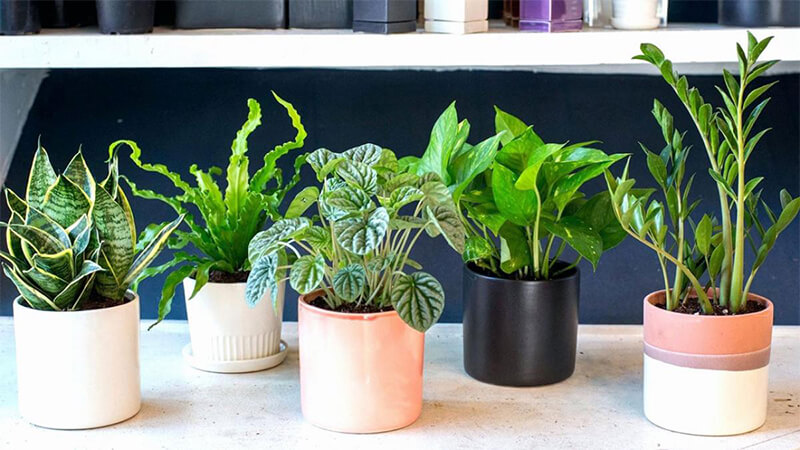 Place plants in areas with suitable sunlight exposure
Place plants in areas with suitable sunlight exposure
- Shield from heavy rain: Avoid placing your hanging plants in areas where they will be directly exposed to heavy rain, as this can damage the flowers and wash away the soil.
- Water wisely: When watering, use a spray bottle to mist the flowers and leaves, and gently water the roots without disturbing them. Water twice a day, once in the early morning and once in the cool evening, around 4-5 pm during sunny days. Reduce watering during the rainy season to prevent waterlogging.
- Avoid watering at 9-10 pm, as this can promote the growth of fungi and root rot.
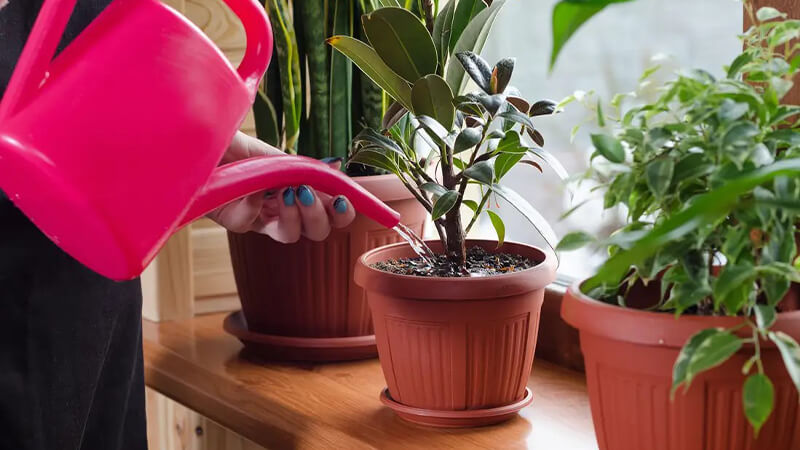 Water your plants twice a day and avoid watering at 9-10 pm
Water your plants twice a day and avoid watering at 9-10 pm
- Provide additional nutrition: After about 15-30 days of planting, supplement your plants with appropriate nutrition during watering. If the potting mix becomes too dry, submerge the entire pot in a bucket of water until the growing media absorbs moisture, then hang it up to drain.
- Regular maintenance: Inspect your plants regularly, removing wilted leaves and flowers to keep them looking fresh. Control pests like snails and insects to protect the root system and soil.
- Fertilize: Feed your plants with easily absorbable fertilizers like organic worm castings twice a week. Use about two teaspoons of fertilizer per plant, spreading it evenly around the roots, and water afterward.
- Repot if necessary: If your plant outgrows its pot, repot it into a larger container and add more soil if the roots become exposed.
We hope these tips help you care for your hanging potted plants and create a vibrant, healthy indoor garden.
























